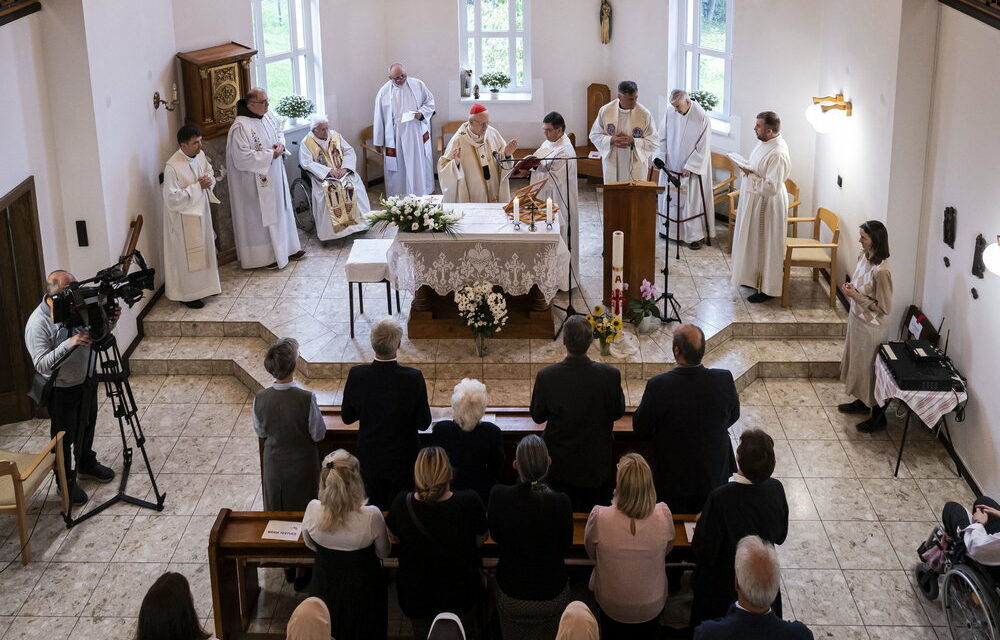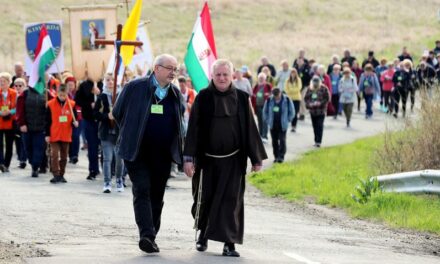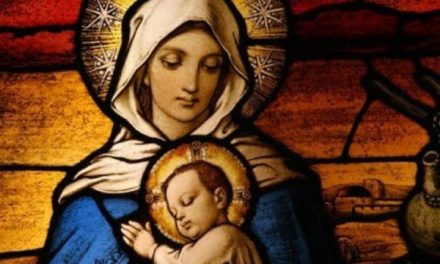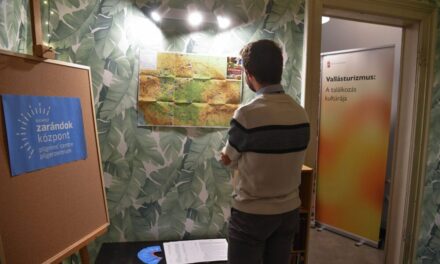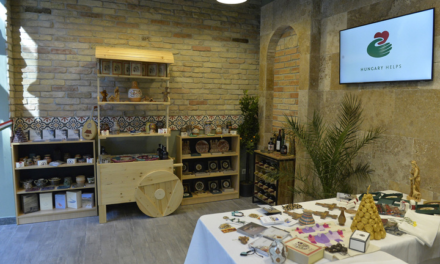An important surplus in patient care and elderly care is the spiritual help that those cared for in church social institutions receive during a difficult period of their lives, said the State Secretary of the Prime Minister's Office responsible for church and ethnic relations.
Cardinal Péter Erdő, Archbishop of Esztergom-Budapest, presented a thanksgiving mass at the Árpád-házi Szent Erzsébet Social Home for the Elderly, which was celebrating its 30th anniversary.
In his greeting after the mass, Miklós Soltész called it gratifying that today the state and the churches can work together in the service of the people, and that the church institutions receive the same support for their work fulfilling public duties as those maintained by the state and local governments.
The Secretary of State recalled that the establishment of the Society of Our Lady of Hungarians, which maintains the home, was stamped with its seal of approval on April 15, 1986 by the State Church Office. Prior to this, in 1983, the central committee of the MSZMP discussed the request to establish the order. At the meeting, János Kádár, who as Minister of the Interior took part in the dissolution of the monastic orders in the 1950s - according to the minutes - said that it would have been better not to dissolve all orders. According to the former leader of the party state, the founding of the new female religious order "would not be harmful" because the nuns "used to be good nurses", but at the same time it should be taken into account that they "may torment" the patients to confess and make sacrifices.
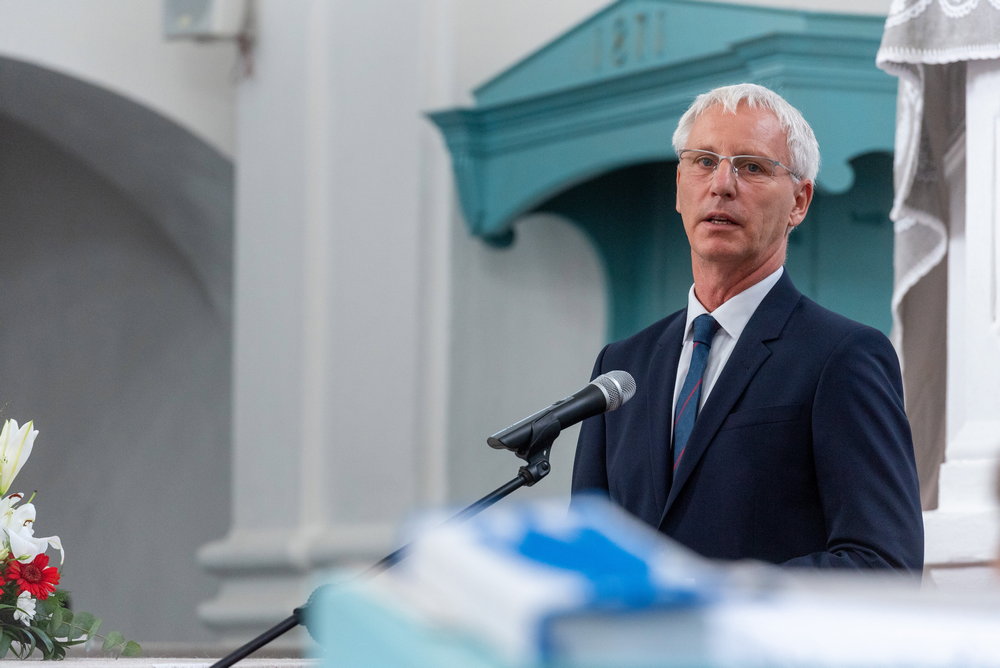
Miklós Soltész, State Secretary of the Prime Minister's Office responsible for church and ethnic relations -
MTI/Gábor Kiss
No one has tormented the elderly in this institution for 30 years, but they can get the spiritual nourishment they need, said Miklós Soltész, adding that the presence of God and the promise of heaven can be felt within the walls of the building.
In his homily, Péter Erdő recalled: in the 1980s, when the Society of Our Lady of Hungarians, which maintains the home, was founded, the unfolding of church life and the rebirth of church institutions progressed only very slowly. But that small step at the time "meant great encouragement" that monastic and sanctified life could be renewed in Hungary.
He touched on the following: during the regime change, the reborn monastic communities were looking for ways to return to their original mission, and what they could achieve from it in today's world. In the case of the Hungarian Lady Society, the mission was obvious, but to create the home they also needed courage and a lot of solidarity and help.
The cardinal pointed out: the specific mission of the church-maintained institution is to bear witness to faith, hope and love. He noted that this is what he feels within the walls of the home every time he visits.
Péter Erdő asked the monastic community - from whom the Esztergom-Budapest Archdiocese will take over the maintenance of the home from December 31 - to continue helping the home with their testimony, work and prayers, so that it can be a center radiating faith, hope and love for many years to come.
The cardinal also asked the staff and residents of the home to offer their work, prayer and suffering for the peace of Europe and the world, because this is what is most needed today.
Built with Canadian donations, the 104-bed facility opened its doors on September 1, 1992. The residents - whose average age is 90 - are cared for in 52 rooms on two levels.
Cardinal László Lékai founded the Society of Our Lady of Magyars, which maintains the home until the end of this year, in 1986. Its first members were former monks of the Society of the Daughters of the Heart of Jesus, which was disbanded in Hungary in the 1950s.
MTI
Cover photo: Cardinal Péter Erdő, Archbishop of Esztergom-Budapest, presents a thanksgiving Mass in the chapel of the Árpád-házi Szent Erzsébet Social Home for the Elderly, which is celebrating its 30th anniversary, on September 28, 2022.
MTI/Zsolt Szigetváry

